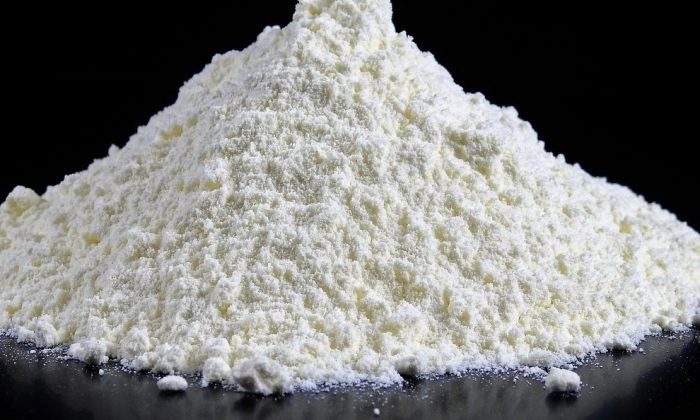Everything about liming

Do you have high demands on the soil in your garden? Do you use it intensively? Do you own a field that gives you solid returns every year? Whatever your situation is, know that any soil loses the necessary minerals over time. In addition, your plants may not be able to absorb the nutrients contained in the soil well for many reasons. To improve the quality of the soil you need to rejuvenate it and you may do so in a fairly simple way. Adding calcium (liming) is an excellent choice because liming process helps to improve the essential structure of the soil base. Let us look at liming in more detail.
Why liming?
Because that’s the only way you can replace the depleted calcium in your soil. The basic soil structure will improve greatly and your plants will be able to better absorb the nutrients they need. Further, the liming process efficiently disinfects the soil base. Soil in greenhouses is depleted the most, and that is where we see gardeners utilizing the liming process most often. If you use nitrogenous lime, you will also destroy germs that support weeds grow including various fungal diseases and snail eggs.
What should be the frequency of liming?
The level of calcium in the soil varies based on the crops you planted as well as on other conditions. Lime or calcium is often washed away by water. The liming process should be applied once every 3 to 4 years. It is advisable to lime more often and use small doses. Make sure to find out the composition of the soil before liming.
When and with what we should useful liming?
Usually, the liming process is applied in autumn and winter. Sometimes in early spring. Burnt lime is used for heavy soils. Limestone should be sufficient for other type of soils. Stove ash, which also contains calcium, is also often used. Cruciferous vegetables should be limed about 3 weeks before sowing. The same applies to hotbeds or greenhouses.
When we should not use calcium?
If the pH of the soil substrate is higher than 7.2, you should definitely not lime. Lime should not be used for plans that prefer acid soil. Do not use liming if you plan to grow strawberries, peas, potatoes, corn or celery. And make sure you do not use cow manure together with lime.
Photo: Radek Štěpán

Gardening is my hobby, I have a lot of experience and I am happy to share it.








0 comments